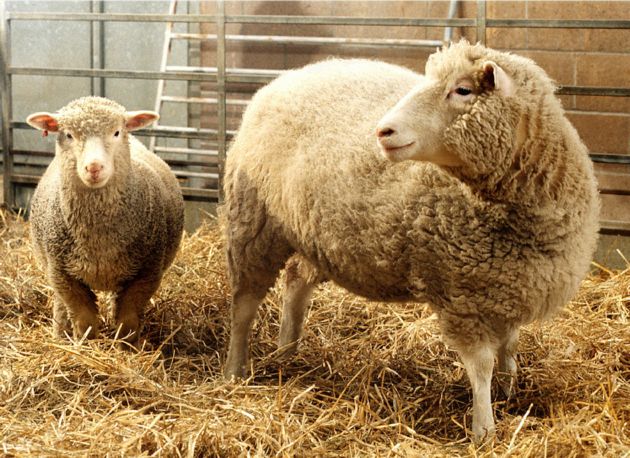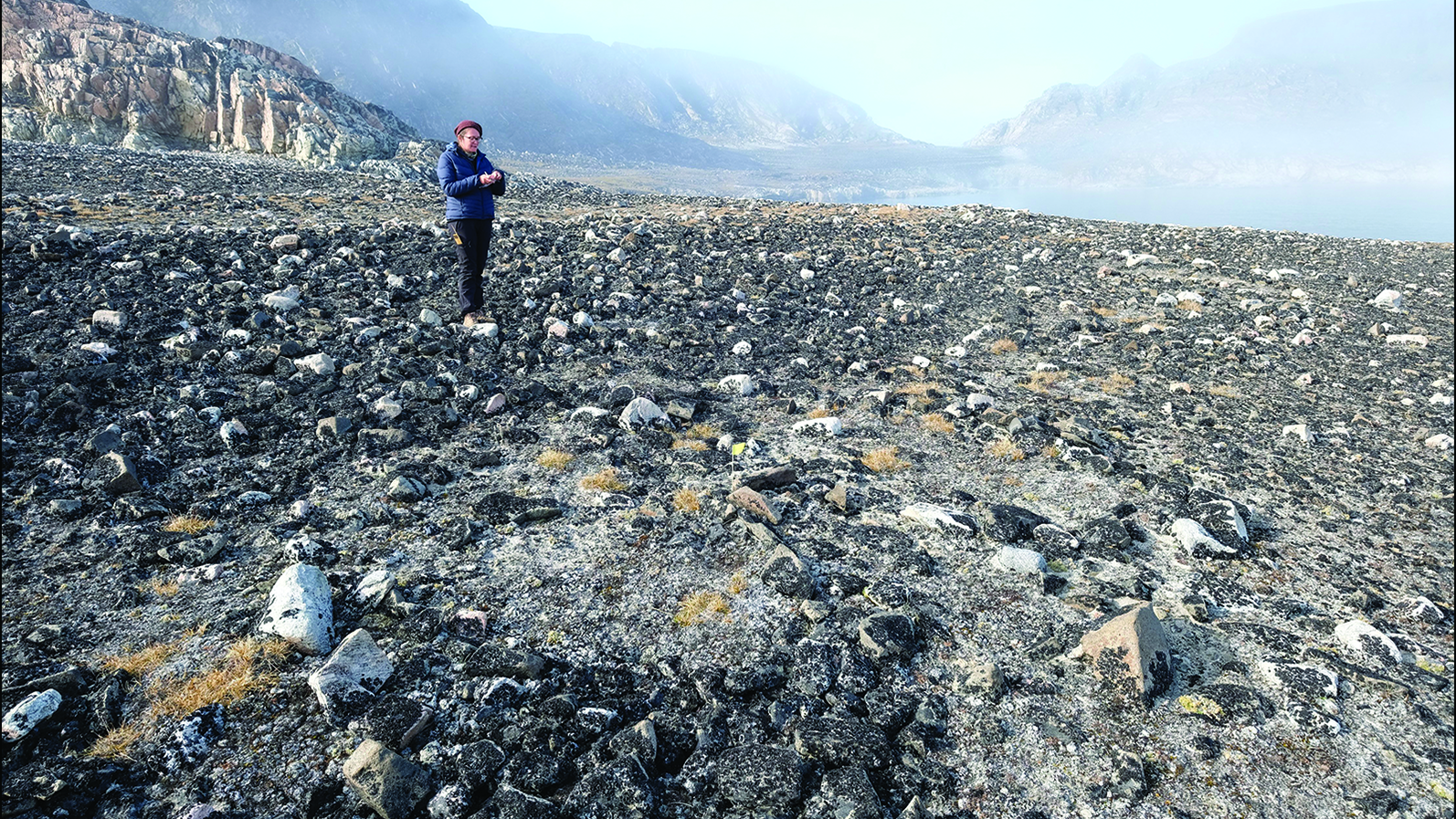Could Michael Jackson Have Been Cloned?

Get the world’s most fascinating discoveries delivered straight to your inbox.
You are now subscribed
Your newsletter sign-up was successful
Want to add more newsletters?

Delivered Daily
Daily Newsletter
Sign up for the latest discoveries, groundbreaking research and fascinating breakthroughs that impact you and the wider world direct to your inbox.

Once a week
Life's Little Mysteries
Feed your curiosity with an exclusive mystery every week, solved with science and delivered direct to your inbox before it's seen anywhere else.

Once a week
How It Works
Sign up to our free science & technology newsletter for your weekly fix of fascinating articles, quick quizzes, amazing images, and more

Delivered daily
Space.com Newsletter
Breaking space news, the latest updates on rocket launches, skywatching events and more!

Once a month
Watch This Space
Sign up to our monthly entertainment newsletter to keep up with all our coverage of the latest sci-fi and space movies, tv shows, games and books.

Once a week
Night Sky This Week
Discover this week's must-see night sky events, moon phases, and stunning astrophotos. Sign up for our skywatching newsletter and explore the universe with us!
Join the club
Get full access to premium articles, exclusive features and a growing list of member rewards.
Michael Jackson reportedly was very interested in being cloned.
"I really want to do it Uri, and I don’t care how much it costs," he is said to have told Uri Geller, a self-proclaimed psychic who claims to bend spoons with his mind (boy, if I had that power I'd sure use it for something besides spoon-bending!).
Whether the news report is accurate or not, the fact is the science didn't advance soon enough for Jackson. There have been no substantiated claims of cloned human embryos grown into fetal stages and beyond, despite rumors to the contrary. The capability to so do is near, however.
Could Jackson have been the first, if someone had tried?
Clones have been made of mice, cows, pigs, dogs, cats, monkeys and of course sheep. The technology has been around longer than you might have thought: A tadpole was cloned in 1952.
But the process remains ineffective. About 98 percent of all cloning experiments don't work, according to a Human Genome Project fact sheet, and many of those that work result in debilitated offspring and premature deaths.
More significant than scientific barriers could be ethical concerns. Physicians from the American Medical Association and scientists with the American Association for the Advancement of Science have issued formal public statements advising against human reproductive cloning, the Genome Project notes.
Get the world’s most fascinating discoveries delivered straight to your inbox.
In 2007, a policy analysis by the United Nations University concluded that cloning should be outlawed or the world must plan to protect clones from abuse and discrimination. Among the concerns: Cloning might turn human life into a commodity, leading to a spare parts market for harvesting human organs from cloned "brain-less bodies" for the rich as they seek to extend their life span.
Jackson, it was reported by The Mirror, "just wanted a mini-version of himself cloned to carry on his legacy."
- More Cloning News
In The Water Cooler, Imaginova's Editorial Director Robert Roy Britt looks at what people are talking about in the world of science and beyond. Find more in the archives and on Twitter.
Robert is an independent health and science journalist and writer based in Phoenix, Arizona. He is a former editor-in-chief of Live Science with over 20 years of experience as a reporter and editor. He has worked on websites such as Space.com and Tom's Guide, and is a contributor on Medium, covering how we age and how to optimize the mind and body through time. He has a journalism degree from Humboldt State University in California.
 Live Science Plus
Live Science Plus











